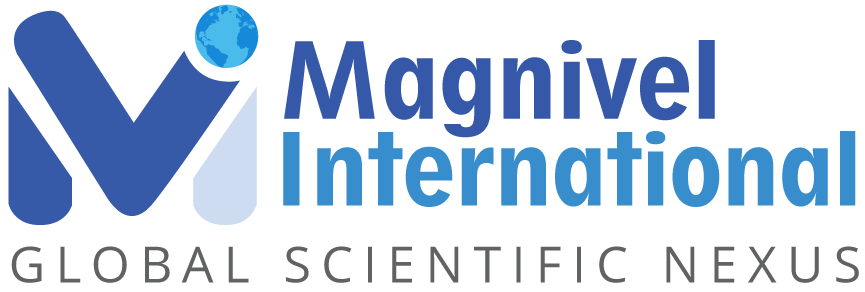
Emerging Trends and Future Prospects in the Neurological Disorders Market
19 May,2024The landscape of neurological disorders is vast and complex, impacting millions of individuals worldwide. From Alzheimer's disease to epilepsy, these conditions present significant challenges not only to patients and their families but also to healthcare systems and economies. As the prevalence of neurological disorders continues to rise, so does the market for treatments and therapies. This report delves into the current state of the neurological disorders market, exploring trends, key players, and future prospects.
Market Overview
The global market for neurological disorder treatments is experiencing substantial growth, driven by several factors including aging populations, advancements in medical technology, and increased awareness and diagnosis of these conditions. According to market research, the neurological disorder market was valued at approximately USD 123 billion in 2020 and is expected to reach USD 177 billion by 2027, growing at a compound annual growth rate (CAGR) of 5.3%.
Key Market Segments
Alzheimer's Disease
Alzheimer's disease remains one of the most significant segments within the neurological disorders market. With the global population aging, the incidence of Alzheimer's is projected to increase dramatically. Current treatments primarily focus on symptom management, but ongoing research is aimed at finding disease-modifying therapies. Companies like Biogen and Eli Lilly are at the forefront, with several promising candidates in their pipelines.
Parkinson's Disease
Parkinson's disease is another critical segment, characterized by its chronic and progressive nature. The market for Parkinson's treatments is bolstered by the development of new drugs and advanced therapies such as deep brain stimulation. Key players in this space include AbbVie, with its popular drug Duopa, and Medtronic, known for its innovative neuromodulation devices.
Epilepsy
Epilepsy affects approximately 50 million people worldwide, making it one of the most common neurological disorders. The market for anti-epileptic drugs (AEDs) is well-established, with major players like Pfizer and GlaxoSmithKline leading the way. Recent advancements in personalized medicine and precision therapies are poised to revolutionize this segment, offering hope for better management and outcomes.
Market Drivers
- Aging Population: The increasing number of elderly individuals is a significant driver for the neurological disorders market. Older adults are more susceptible to conditions like Alzheimer's and Parkinson's, thereby fueling demand for effective treatments.
- Technological Advancements: Innovations in neuroimaging, biomarkers, and genetic testing are enhancing early diagnosis and personalized treatment approaches. Technologies like CRISPR and gene therapy hold promise for addressing the root causes of certain neurological disorders.
- Rising Healthcare Expenditure: Governments and private entities are investing heavily in healthcare infrastructure and research, particularly in the field of neurology. This investment is expected to yield new and improved treatment options.
Challenges
Despite the promising outlook, the neurological disorders market faces several challenges. High research and development costs, stringent regulatory requirements, and the complexity of the human brain are significant hurdles. Additionally, many neurological conditions remain without a cure, and treatments often only alleviate symptoms rather than address the underlying causes.
Competitive Landscape
The market for neurological disorder treatments is highly competitive, with numerous pharmaceutical and biotech companies vying for market share. Some of the leading companies include:
-
Biogen: Known for its work on Alzheimer's and multiple sclerosis, Biogen is a key player in the neurology space.
-
Eli Lilly: With a strong focus on Alzheimer's disease, Eli Lilly is investing heavily in research and development.
-
Pfizer: A major player in the epilepsy market, Pfizer continues to expand its portfolio of neurological treatments.
-
AbbVie: Known for its Parkinson's disease treatments, AbbVie is also exploring new avenues in neurodegenerative diseases.
Future Prospects
The future of the neurological disorders market looks promising, with significant advancements on the horizon. Emerging therapies, such as gene editing and stem cell treatments, offer the potential to not only manage but potentially cure some neurological conditions. Additionally, the integration of artificial intelligence in diagnostics and treatment planning is expected to enhance patient outcomes.
Conclusion
The market for neurological disorder treatments is dynamic and evolving, driven by demographic trends, technological advancements, and increased healthcare investment. While challenges remain, the potential for breakthroughs in understanding and treating neurological disorders is greater than ever. As research continues and new therapies emerge, the outlook for patients suffering from these debilitating conditions holds increasing promise.
By staying abreast of these trends and investing in innovation, stakeholders in the neurological disorders market can look forward to significant growth and improved patient outcomes in the years to come.


